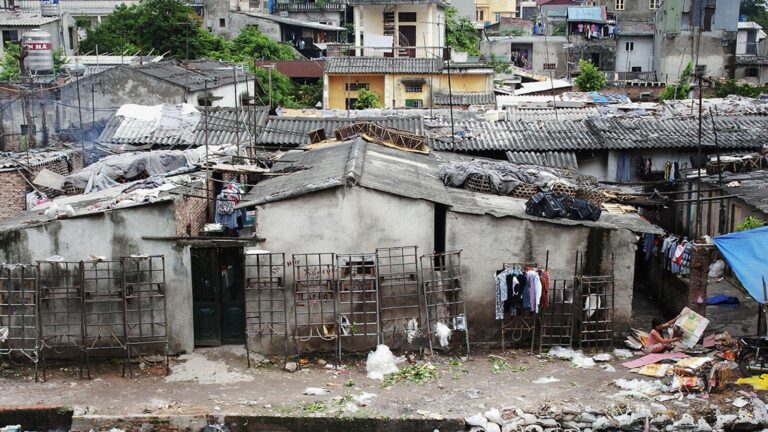Facts About Poverty in the Balkans
The Balkans are a region defined by their rich history and cultural diversity, but they also face significant economic challenges. Understanding the nature of poverty in this area is crucial for developing effective solutions. Poverty manifests not only through income disparities but also through access to essential services.
Economic Background
The Balkans have seen substantial economic changes in the past few decades, especially following the dissolution of Yugoslavia. Many countries have struggled with high unemployment rates and stagnant wages. These economic factors contribute directly to the persistent poverty levels in the region.
Cultural and Social Factors
Poverty in the Balkans is also influenced by social and cultural dynamics. Discrimination based on ethnicity and gender can exacerbate economic challenges. Marginalized groups often face additional barriers to employment and education.
Impact on Children
Children in the Balkans are among the most affected by poverty. A significant percentage of children live in families that struggle to meet basic needs. This situation leaves them vulnerable to malnutrition and limited educational opportunities.
International Aid and Development Efforts
Various international organizations have initiated programs aimed at reducing poverty in the Balkans. These efforts include financial aid, educational programs, and infrastructure development. For detailed insights into the issue of poverty in the region, check out this informative link: About Poverty in the Balkans.
Conclusion
The challenges of poverty in the Balkans are complex and multifaceted. Addressing these issues requires a coordinated approach that considers economic, social, and political factors. Continuous awareness and action are vital for creating sustainable solutions in the region.

